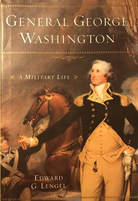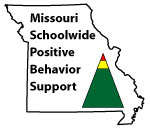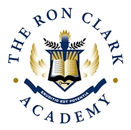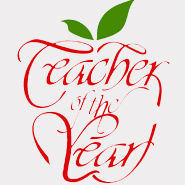
In the weeks and months before the famous Delaware River crossing and the surprise Christmas attack in Trenton, New Jersey, Washington retreated often. That is, in consultation with his leadership team, he withdrew troops to avoid a loss of life or a physical and emotional defeat. When he did so, Washington made the effort to pick up as many supplies and weaponry as his men could carry; they didn't ever want to leave something useful behind.
In contrast, General Howe and his thousands of soldiers often left behind cannon or other materials that were subsequently collected by the Patriots. Almost immediately, the Continental army had more to work with, either using the British weapons against them or destroying pieces that were more trouble than they were worth. It may be one reason for the penultimate victory for the fledgling nation.
I am reminded of a certain fourth grade classroom, in which students often leave things behind to be used by others or to be destroyed. There is definitely a lesson or two to be gleaned from Washington's tactics on the battlefield in 1776:
- Pick up after yourself. People did not buy your supplies or loan you materials so you could lose them.
- Pick up after other people in your group. Take care of their equipment as if it were your own.
- Keep the battlefield, er, classroom free of debris. You don't want obstacles to trip you up and confuse the task at hand.
- Leave not your homework or classwork behind and fail to complete your mission.
- If you pick up useful materials (and can't find their rightful owners), think twice about the right way to handle the situation (Lost and Found? Teacher? Office?).
- Organize your workspace and you organize your thoughts.
- Don't let frustration or failure keep you from doing the simple things in life.
- Sometimes falling back is necessary, but never take your eye off of your goals.
During those days George Washington often made the wrong choices, but so did General Howe. Neither knew what would happen in the near future, and neither knew what the other had planned. They always had to be ready to face whatever was thrown (or shot) in their direction. They had to learn along the way. For the Continentals, that meant they had to learn to fight in new ways, improvising their attacks and strategies to defeat what should have been a much-superior army.
In our classroom, we don't fight enemies, but we do conquer the unknown. We adapt to new situations and concepts, and we learn from our mistakes. Isn't it interesting how much a study of George Washington can teach us about ourselves?






































